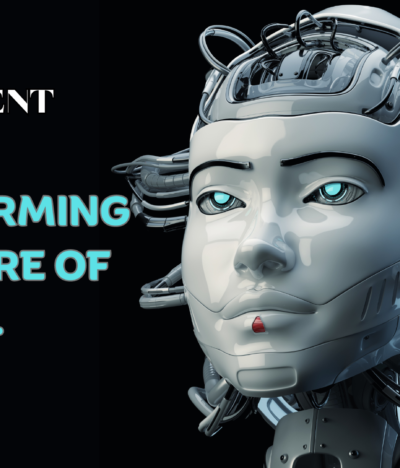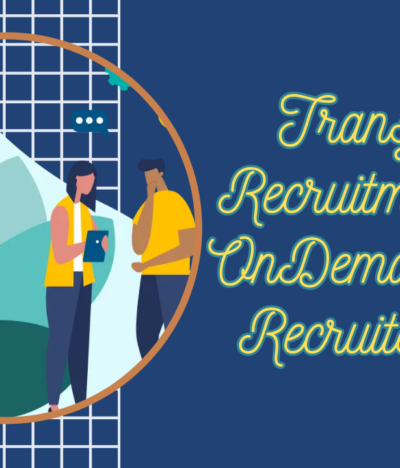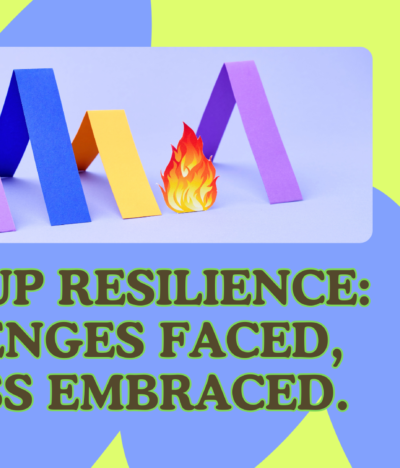In the hiring process, it is crucial to take proactive measures to reduce bias and foster inclusivity. Bias can negatively impact diversity and fairness. This blog post will explore various forms of bias that can occur in recruitment and provide actionable strategies to mitigate bias and promote inclusivity.
Raising Awareness and Educating
The first step towards reducing bias is to raise awareness and educate individuals involved in the hiring process. By providing education on different types of bias, including unconscious bias, biases can be recognized and addressed, leading to a more inclusive mindset throughout the hiring process.
Implementation of Structured and Job-Related Interviews
Structured interviews, utilizing predetermined questions and evaluation criteria, help reduce bias. By focusing on job-related competencies, a fair and consistent assessment of candidates can be ensured, minimizing the influence of personal biases.
Anonymous Screening and Blind Hiring
To mitigate bias based on personal characteristics, anonymous screening, and blind hiring practices can be implemented. Anonymous screening involves removing identifiable information from resumes during the initial screening process, while blind hiring conceals candidate information throughout the entire selection process.
Formation of Diverse Interview Panels
The inclusion of diverse interview panels, comprising individuals from various backgrounds and perspectives, can contribute to a balanced and inclusive evaluation of candidates. Multiple perspectives challenge individual biases and contribute to a fairer and more comprehensive assessment.
Utilization of Objective Evaluation Criteria and Performance Metrics Establishing clear and objective evaluation criteria and performance metrics ensures consistency and fairness in candidate assessments. By focusing on job-related qualifications and measurable performance indicators, subjective judgments influenced by bias can be reduced.
Implementation of Training and Sensitization Programs
Training and sensitization programs can enhance the ability to recognize and mitigate bias. Topics such as unconscious bias, cultural competence, and inclusive recruitment practices help individuals understand and navigate bias effectively throughout the hiring process.
Adoption of Data-Driven Decision-Making
Data and analytics can support objective decision-making in the hiring process. Leveraging data-driven insights enables the identification of bias patterns and informs strategies to address them. Regular review of recruitment metrics facilitates the assessment of bias reduction efforts.
Collaboration with Diversity and Inclusion Initiatives
Collaboration with diversity and inclusion initiatives within the organization aligns recruitment practices with broader organizational goals. By partnering with these initiatives, diverse talent pools can be tapped into, inclusive employer branding can be promoted, and candidates from underrepresented groups can be attracted.
Continuous Evaluation and Improvement
Reducing bias requires continuous evaluation and improvement. Regular review of recruitment practices, seeking feedback from candidates, and staying informed about emerging research and best practices ensure adaptability and refinement of strategies over time.
Reducing bias in the hiring process is essential for fostering inclusivity and diversity. By implementing strategies such as raising awareness, utilizing structured interviews, adopting anonymous screening and blind hiring, forming diverse interview panels, incorporating objective evaluation criteria, providing training programs, embracing data-driven decision-making, collaborating with diversity initiatives, and engaging in continuous evaluation, bias can be mitigated, and a fair and inclusive recruitment process can be established.
First Phoenix Solutions specializes in talent acquisition, connecting organizations with top talent and assisting in achieving talent acquisition goals. They offer guidance on reducing bias in the hiring process, implementing strategies such as structured interviews, anonymous screening, and objective evaluation criteria. Through education and technology-driven approaches, they promote inclusivity and fairness. By collaborating with diversity initiatives, they help attract diverse candidates and create inclusive workplaces. First Phoenix Solutions is committed to supporting organizations in reducing bias and achieving successful talent acquisition outcomes.





